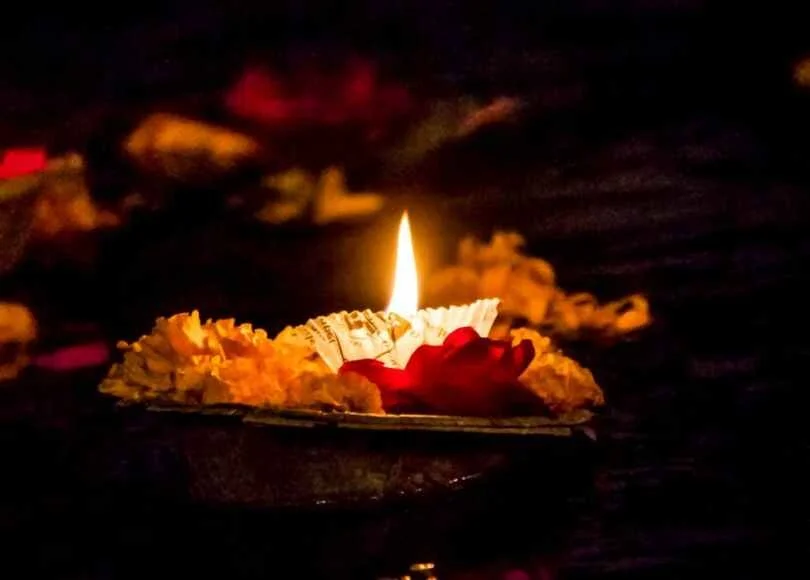I don't have a lot of time or energy to write anything in depth today, but I wanted to share an interview with a pastor named David Platt, who is a Christian pastor out of Alabama.
If you follow this blog at all, you'll know that I am no Christian. I do admire Jesus greatly but I generally think that Christianity has done far more harm than good on the earth. The message of the gospels has been bastardized throughout the centuries. And today in America, it has taken on maybe one of it's ugliest forms: the prosperity gospel.
I was drawn to the work of David Platt in part because he rejects the prosperity gospel and any reading of the bible based on material wealth. As he says in an interview with Christian Post:
"There is obviously a cultural and historical disconnect between us, 21st century America, and the disciples in the first century. As a result of that, there are a lot of things that we tend to cloud our Christianity with that unknowingly, in many cases, miss the entire point of the gospel.
I think with the way we have unprecedented material blessing, with the way we have a culture built on self, self-esteem, self-confidence. All of these things we begin to twist the gospel into something that it is not. We make it look like us and fit into our lifestyle instead of adjusting our lifestyle to the gospel. In the process we make following Jesus more American than it is biblical. "
Platt's big insight, it seems to me, is that modern American culture and the classical liberalism of Edmund Burke is built on the edifice of the self; but that the spirit of Christianity has little of anything to do with the self. It has to do with sacrifice and surrender to a great power.
There's a lot to love about this notion. After all, every great religion at some point is built on submission of the ego to the power of a higher power. It's a quaint notion to have faith today, though, as God has died for many of us. But I wonder, maybe a new form of spirituality needs to be found where a higher power isn't the center... it's something I plan to write about for many years to come.






